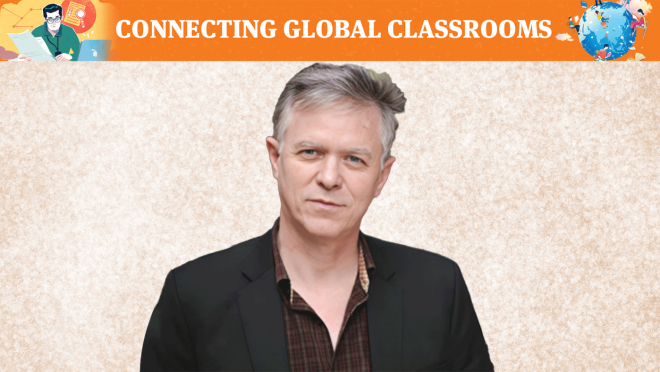BRAC University advancing global knowledge and transforming development
BRAC University advancing global knowledge and transforming development

The announcement of our partnership with SOAS, University of London, a renowned school of social sciences, for a joint PhD in development studies, marks a significant milestone for private universities in Bangladesh.
Part of BRAC University’s service to Bangladesh stems from its global reach. This global orientation arises partly from the university’s position at the intersection of higher education and international development. It also reflects the founding vision of Sir Fazle Hasan Abed, who drew inspiration from distinguished universities throughout history. Among them was Rabindranath Tagore’s model of a university as a place of global community—embodied in his call for “unity in diversity” through the Visva-Bharati university where the “world makes its home in a single nest.”
In today’s borderless world, where ideas and knowledge transcend boundaries, it is essential for students to thrive globally. Universities can foster broad international connections that advance social and economic progress. We must therefore work across cultures and nationalities, drawing on international best practices in student engagement, modern teaching and learning methods, curriculum design, administration, student services, and student success—from retention to achievement.
Keep updated, follow The Business Standard’s Google news channel

The dynamics of international partnerships are evolving for us. We seek high-quality collaborations that encourage brain circulation rather than brain drain—connections that build capacity within Bangladesh instead of drawing talent away. At the same time, we aim to share Bangladesh’s expertise with the world. Other nations can learn much from Bangladesh’s deep experience in nation-building, climate action, and social and economic development. This spirit lies at the heart of the SOAS PhD partnership.
We are also engaged in numerous creative collaborations across the globe in teaching, research, and development initiatives. The University of Tokyo is partnering with us on mental health research, while our collaborations with Harvard, Johns Hopkins, Columbia, Cambridge, and New York universities span educational development, social inclusion, public health, and architecture. We are investing in collaborative online learning and joint curriculum development—beginning with pharmacy at King’s College London. Students continue to benefit from our association with dozens of universities through exchange and online study opportunities, and we aim to expand these exchanges in the coming years. It is also encouraging to see many of our students advancing to prestigious international postgraduate scholarships such as Fulbright, Chevening, and Erasmus. Our international alumni network continues to grow and contribute globally.
Our School of Data and Sciences has joined an international network promoting the open use of AI. Meanwhile, our international partnerships are fueling entrepreneurship development, recognized globally through the Entrepreneurship Center Global Impact Award, presented in collaboration with the Association to Advance Collegiate Schools of Business (AACSB) at the 2024 International Council for Small Business (ICSB) World Congress in Germany.
We are proud of our vibrant community of international students, primarily from Africa and South Asia. One distinguished alumna, Miatta Gybanya, received the 2025 Eisenhower Distinguished Fellow Award for her outstanding contributions in combating infectious diseases during Liberia’s Ebola crisis and her humanitarian work with the United Nations in Afghanistan—making her one of the first African citizens to earn this prestigious honor.
The author is the Registrar of BRAC University


